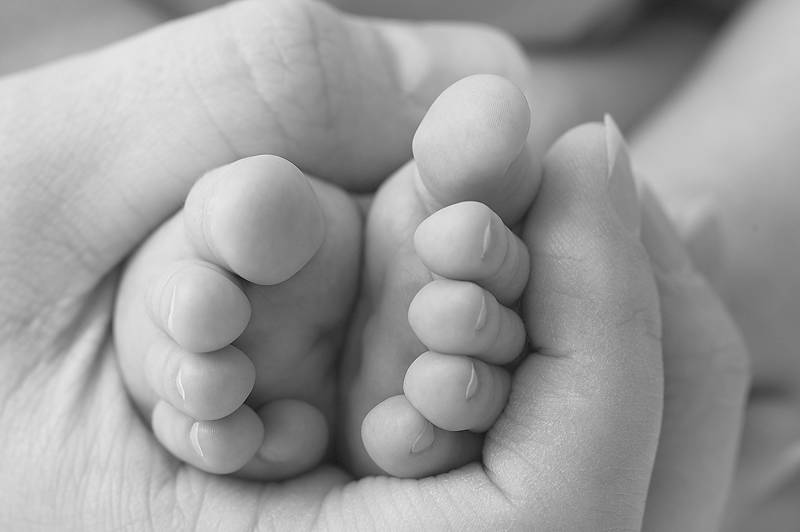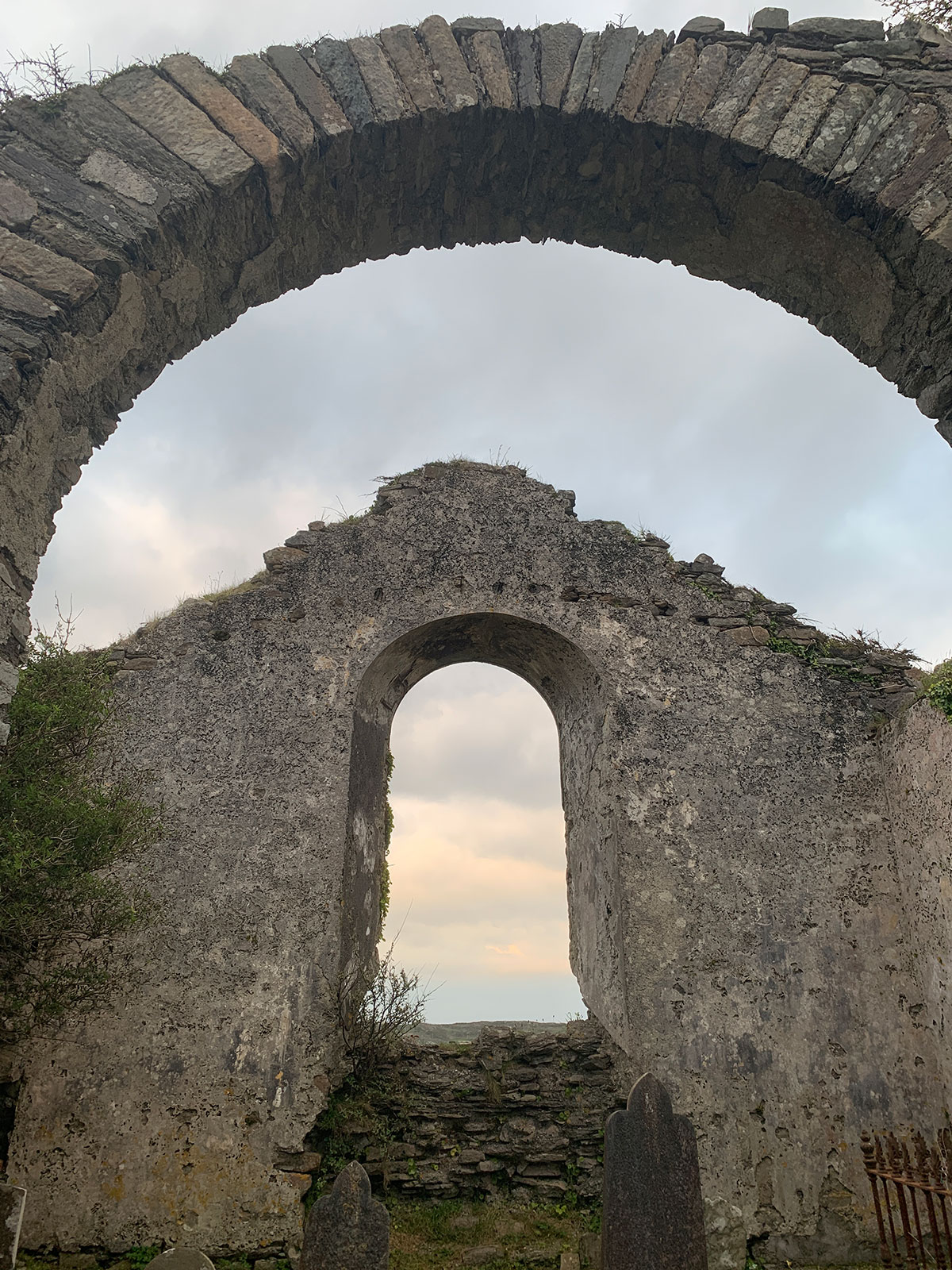I came to Viktor Frankl’s book, ‘Man’s Search for Meaning’ when I was about 23 years old and trying to decide whether I should move countries, yet again. His words climb into the rhythm of one’s psyche at a pace that changes with each read. Below is an excerpt of the book taken from a PBS series called The Question of God – there are other excerpts from many other powerful thinkers in the same series. I have copied and pasted the text to Frankl’s here however if you click on the link at the bottom you will also have access to many other writers.


Photo: Katharina Vesely 1994
Like Freud a citizen of Vienna and a practicing psychotherapist, Dr. Viktor Frankl also became a university professor and prolific author. His most widely read work is Man’s Search For Meaning, a keenly observed account of his experiences in the Nazi death camps during Word War II. Originally intended for limited private circulation, the slim book has since been translated into 24 languages. In the two excerpts included here, Frankl first ponders the mystery of transcendent experience amid extreme suffering, then explores the true nature of human moral freedom. Frankl’s concentration camp experiences profoundly influenced his life’s work after the war, leading to his development of logotherapy, a new clinical approach to helping patients rediscover meaning in their lives.
From From Man’s Search for Meaning, Part 1
Experiences in a Concentration Camp
… In spite of all the enforced physical and mental primitiveness of the life in a concentration camp, it was possible for spiritual life to deepen. Sensitive people who were used to a rich intellectual life may have suffered much pain (they were often of a delicate constitution), but the damage to their inner selves was less. They were able to retreat from their terrible surroundings to a life of inner riches and spiritual freedom. Only in this way can one explain the apparent paradox that some prisoners of a less hardy makeup often seemed to survive camp life better than did those of a robust nature. In order to make myself clear, I am forced to fall back on personal experience. Let me tell what happened on those early mornings when we had to march to our work site.
There were shouted commands: “Detachment, forward march! Left-2-3-4! Left-2-3-4! Left-2-3-4! Left-2-3-4! First man about, left and left and left and left! Caps off!” These words sound in my ears even now. At the order “Caps off!” we passed the gate of the camp, and searchlights were trained upon us. Whoever did not march smartly got a kick. And worse off was the man who, because of the cold, had pulled his cap back over his ears before permission was given.
We stumbled on in the darkness, over big stones and through large puddles, along the one road leading from the camp. The accompanying guards kept shouting at us and driving us with the butts of their rifles. Anyone with very sore feet supported himself on his neighbor’s arm. Hardly a word was spoken; the icy wind did not encourage talk. Hiding his mouth behind his upturned collar, the man marching next to me whispered suddenly: “If our wives could see us now! I do hope they are better off in their camps and don’t know what is happening to us.”
That brought thoughts of my own wife to mind. And as we stumbled on for miles, slipping on icy spots, supporting each other time and again, dragging one another up and onward, nothing was said, but we both knew: each of us was thinking of his wife. Occasionally I looked at the sky, where the stars were fading and the pink light of the morning was beginning to spread behind a dark bank of clouds. But my mind clung to my wife’s image, imagining it with an uncanny acuteness. I heard her answering me, saw her smile, her frank and encouraging look. Real or not, her look was then more luminous than the sun which was beginning to rise.
A thought transfixed me: for the first time in my life I saw the truth as it is set into song by so many poets, proclaimed as the final wisdom by so many thinkers. The truth — that love is the ultimate and the highest goal to which man can aspire. Then I grasped the meaning of the greatest secret that human poetry and human thought and belief have to impart: The salvation of man is through love and in love. I understood how a man who has nothing left in this world still may know bliss, be it only for a brief moment, in the contemplation of his beloved. In a position of utter desolation, when man cannot express himself in positive action, when his only achievement may consist in enduring his sufferings in the right way — an honorable way — in such a position man can, through loving contemplation of the image he carries of his beloved, achieve fulfillment. For the first time in my life I was able to understand the meaning of the words, “The angels are lost in perpetual contemplation of an infinite glory.”
In front of me a man stumbled and those following him fell on top of him. The guard rushed over and used his whip on them all. Thus my thoughts were interrupted for a few minutes. But soon my soul found its way back from the prisoner’s existence to another world, and I resumed talk with my loved one: I asked her questions, and she answered; she questioned me in return, and I answered.
“Stop!” We had arrived at our work site. Everybody rushed into the dark hut in the hope of getting a fairly decent tool. Each prisoner got a spade or a pickaxe.
“Can’t you hurry up, you pigs?” Soon we had resumed the previous day’s positions in the ditch. The frozen ground cracked under the point of the pickaxes, and sparks flew. The men were silent, their brains numb.
My mind still clung to the image of my wife. A thought crossed my mind: I didn’t even know if she were still alive. I knew only one thing — which I have learned well by now: Love goes very far beyond the physical person of the beloved. It finds its deepest meaning in his spiritual being, his inner self. Whether or not he is actually present, whether or not he is still alive at all, ceases somehow to be of importance.
I did not know whether my wife was alive, and I had no means of finding out (during all my prison life there was no outgoing or incoming mail); but at that moment it ceased to matter. There was no need for me to know; nothing could touch the strength of my love, my thoughts, and the image of my beloved. Had I known then that my wife was dead, I think that I would still have given myself, undisturbed by that knowledge, to the contemplation of her image, and that my mental conversation with her would have been just as vivid and just as satisfying. “Set me like a seal upon thy heart, love is as strong as death.”
* * *
… In attempting this psychological presentation and a psychopathological explanation of the typical characteristics of a concentration camp inmate, I may give the impression that the human being is completely and unavoidably influenced by his surroundings. (In this case the surroundings being the unique structure of camp life, which forced the prisoner to conform his conduct to a certain set pattern.) But what about human liberty? Is there no spiritual freedom in regard to behavior and reaction to any given surroundings? Is that theory true which would have us believe that man is no more than a product of many conditional and environmental factors — be they of a biological, psychological or sociological nature? Is man but an accidental product of these? Most important, do the prisoners’ reactions to the singular world of the concentration camp prove that man cannot escape the influences of his surroundings? Does man have no choice of action in the face of such circumstances?
We can answer these questions from experience as well as on principle. The experiences of camp life show that man does have a choice of action. There were enough examples, often of a heroic nature, which proved that apathy could be overcome, irritability suppressed. Man can preserve a vestige of spiritual freedom, of independence of mind, even in such terrible conditions of psychic and physical stress.
We who lived, in concentration camps can remember the men who walked through the huts comforting others, giving away their last piece of bread. They may have been few in number, but they offer sufficient proof that everything can be taken from a man but one thing: the last of the human freedoms — to choose one’s attitude in any given set of circumstances, to choose one’s own way.
And there were always choices to make. Every day, every hour, offered the opportunity to make a decision, a decision which determined whether you would or would not submit to those powers which threatened to rob you of your very self, your inner freedom; which determined whether or not you would become the plaything of circumstance, renouncing freedom and dignity to become molded into the form of the typical inmate.
Seen from this point of view, the mental reactions of the inmates of a concentration camp must seem more to us than the mere expression of certain physical and sociological conditions. Even though conditions such as lack of sleep, insufficient food and various mental stresses may suggest that the inmates were bound to react in certain ways, in the final analysis it becomes clear that the sort of person the prisoner became was the result of an inner decision, and not the result of camp influences alone. Fundamentally, therefore, any man can, even under such circumstances, decide what shall become of him — mentally and spiritually. He may retain his human dignity even in a concentration camp. Dostoevski said once, “There is only one thing that I dread: not to be worthy of my sufferings.” These words frequently came to my mind after I became acquainted with those martyrs whose behavior in camp, whose suffering and death, bore witness to the fact that the last inner freedom cannot be lost. It can be said that they were worthy of their sufferings; the way they bore their suffering was a genuine inner achievement. It is this spiritual freedom — which cannot be taken away — that makes life meaningful and purposeful.
An active life serves the purpose of giving man the opportunity to realize values in creative work, while a passive life of enjoyment affords him the opportunity to obtain fulfillment in experiencing beauty, art, or nature. But there is also purpose in that life which is almost barren of both creation and enjoyment and which admits of but one possibility of high moral behavior: namely, in man’s attitude to his existence, an existence restricted by external forces. A creative life and a life of enjoyment are banned to him. But not only creativeness and enjoyment are meaningful. If there is a meaning in life at all, then there must be a meaning in suffering. Suffering is an ineradicable part of life, even as fate and death. Without suffering and death human life cannot be complete.
The way in which a man accepts his fate and all the suffering it entails, the way in which he takes up his cross, gives him ample opportunity — even under the most difficult circumstances — to add a deeper meaning to his life. It may remain brave, dignified and unselfish. Or in the bitter fight for self-preservation he may forget his human dignity and become no more than an animal. Here lies the chance for a man either to make use of or to forgo the opportunities of attaining the moral values that a difficult situation may afford him. And this decides whether he is worthy of his sufferings or not.
Do not think that these considerations are unworldly and too far removed from real life. It is true that only a few people are capable of reaching such high moral standards. Of the prisoners only a few kept their full inner liberty and obtained those values which their suffering afforded, but even one such example is sufficient proof that man’s inner strength may raise him above his outward fate. Such men are not only in concentration camps. Everywhere man is confronted with fate, with the chance of achieving something through his own suffering.
Take the fate of the sick — especially those who are incurable. I once read a letter written by a young invalid, in which he told a friend that he had just found out he would not live for long, that even an operation would be of no help. He wrote further that he remembered a film he had seen in which a man was portrayed who waited for death in a courageous and dignified way. The boy had thought it a great accomplishment to meet death so well. Now — he wrote — fate was offering him a similar chance.
Those of us who saw the film called Resurrection — taken from a book by Tolstoy — years ago, may have had similar thoughts. Here were great destinies and great men. For us, at that time, there was no great fate; there was no chance to achieve such greatness. After the picture we went to the nearest cafe, and over a cup of coffee and a sandwich we forgot the strange metaphysical thoughts which for one moment had crossed our minds. But when we ourselves were confronted with a great destiny and faced with the decision of meeting it with equal spiritual greatness, by then we had forgotten our youthful resolutions of long ago, and we failed.
Perhaps there came a day for some of us when we saw the same film again, or a similar one. But by then other pictures may have simultaneously unrolled before one’s inner eye; pictures of people who attained much more in their lives than a sentimental film could show. Some details of a particular man’s inner greatness may have come to one’s mind, like the story of the young woman whose death I witnessed in a concentration camp. It is a simple story. There is little to tell and it may sound as if I had invented it; but to me it seems like a poem.
This young woman knew that she would die in the next few days. But when I talked to her she was cheerful in spite of this knowledge. “I am grateful that fate has hit me so hard,” she told me. “In my former life I was spoiled and did not take spiritual accomplishments seriously.” Pointing through the window of the hut, she said, “This tree here is the only friend I have in my loneliness.” Through that window she could see just one branch of a chestnut tree, and on the branch were two blossoms. “I often talk to this tree,” she said to me. I was startled and didn’t quite know how to take her words. Was she delirious? Did she have occasional hallucinations? Anxiously I asked her if the tree replied. “Yes.” What did it say to her? She answered, “It said to me, ‘I am here — I am here — I am life, eternal life.'” …
From Man’s Search for Meaning by Viktor E. Frankl. Copyright © 1959, 1962, 1984, 1992 by Viktor E. Frankl. Reprinted by permission of Beacon Press, Boston (www.beacon.org).
Retrieved at:
http://www.pbs.org/wgbh/questionofgod/voices/frankl.html





Leave A Comment
You must be logged in to post a comment.